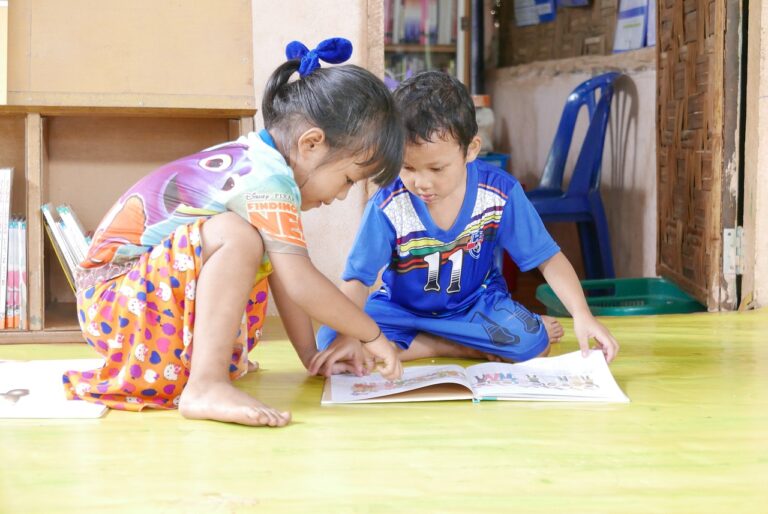The Role of Music and Arts Education in Cognitive Development
Music and arts education play a vital role in cognitive development. When children engage in activities like playing an instrument, creating art, or performing in a play, various parts of their brain are stimulated. This stimulation leads to improved memory, attention, and overall cognitive skills. Research has shown that individuals who are involved in music and arts education tend to have better problem-solving abilities and higher levels of creativity.
Moreover, music and arts education have been linked to enhanced emotional intelligence and social skills. Through participating in group activities such as choir, band, or drama club, children learn to collaborate, communicate effectively, and develop empathy towards others. This not only benefits their cognitive development but also nurtures important life skills that are essential for success in various aspects of their lives.
The Link Between Music Education and Improved Memory
Research has shown a strong correlation between music education and improved memory. Learning to play a musical instrument or sing can have a significant impact on memory recall and retention. When individuals engage in music education, they are required to use multiple parts of the brain simultaneously, which helps to strengthen neural pathways associated with memory. This enhanced brain activity can lead to overall improvements in memory function, both short-term and long-term.
Moreover, music education involves the repetition of patterns, notes, and rhythms, which can reinforce memory skills. The process of learning and practicing music pieces can help individuals develop better cognitive skills related to memory, such as encoding information, storage, and retrieval. By regularly challenging the brain through music education, individuals can experience tangible improvements in their ability to remember information accurately and efficiently.
How Arts Education Enhances Problem-Solving Skills
Arts education plays a crucial role in enhancing problem-solving skills among individuals of all ages. When engaging in artistic activities such as painting, drawing, or music, students are encouraged to think creatively and outside the box. This process helps them develop the ability to analyze complex situations from different perspectives and come up with innovative solutions.
Furthermore, arts education teaches students the importance of perseverance and patience when faced with challenges. Whether learning a new instrument or mastering a new technique, students are constantly presented with obstacles that require them to problem-solve in order to progress. This constant practice of overcoming hurdles in the arts fosters resilience and a growth mindset, essential qualities for effective problem-solving in various aspects of life.
Why is music and arts education important for cognitive development?
Music and arts education have been shown to strengthen areas of the brain related to language development, spatial reasoning, and emotional regulation, all of which are crucial for cognitive development.
How does music education improve memory?
Music education requires students to memorize notes, rhythms, and melodies, which can enhance memory skills. Additionally, playing an instrument has been linked to improved working memory and long-term memory retention.
How does arts education enhance problem-solving skills?
Engaging in arts education challenges students to think creatively, experiment with different solutions, and make decisions. These problem-solving skills can be applied to various real-life situations, helping students become more adaptive and innovative thinkers.







